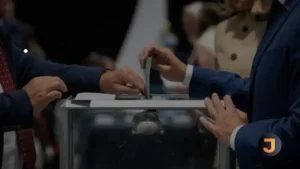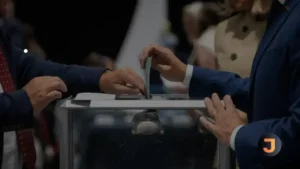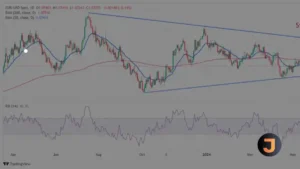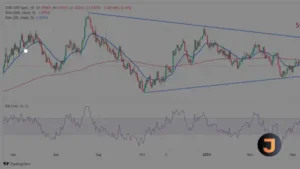European Parliament Braces for a Shift in Power Dynamics
In the lead-up to the EU assembly election scheduled for June 6-9, Французский законодатель от правых сил Жан-Поль Гарро is preparing for a significant shift in the political landscape. Garraud, representing France’s Rassemblement National (RN), anticipates a surge in support for nationalist and eurosceptic parties. This potential increase in influence within the European Parliament is predicated on the willingness of other right and centre-right parties to collaborate with them.
Garraud is confident that this shift could lead to far-right parties gaining strategic positions within the European Parliament’s committees, potentially influencing crucial decisions. He specifically notes that these parties could leverage their increased presence to dilute green policies and advocate for stricter immigration controls.
The Identity and Democracy (ID) group and the European Conservatives and Reformists (ECR) are expected to gain 30-50 seats, which would elevate their representation to 22-25% from the current 18%. Notably, support for these groups is not limited to their traditional voter base; younger demographics are also showing interest, as evidenced by a German poll indicating that 22% of under-30s would vote for the far-right AfD.
Social media plays a pivotal role in this political shift, with many right-wing parties effectively utilizing platforms to reach voters. However, this has raised concerns about the spread of misinformation. In Dunkirk, France, parents like Jean-Francois Engrand express worry over the messages young people receive through these channels.
Despite the potential gains for radical parties, mainstream groups like the European People’s Party (EPP), Social Democrats, and centrist liberals are expected to maintain a majority after the election. However, Garraud argues that excluding the hard right from decision-making will no longer be feasible.
Concerns over foreign influence in European politics have also surfaced, with allegations against certain far-right parties of having ties to Russia or China. These claims are part of a broader narrative about the risks of foreign interference in democratic processes.
As Europe approaches a critical juncture with the upcoming EU assembly election, the continent’s political direction hangs in the balance. The rise of nationalist and eurosceptic parties could redefine how policies are shaped and who holds sway in the European Parliament.





